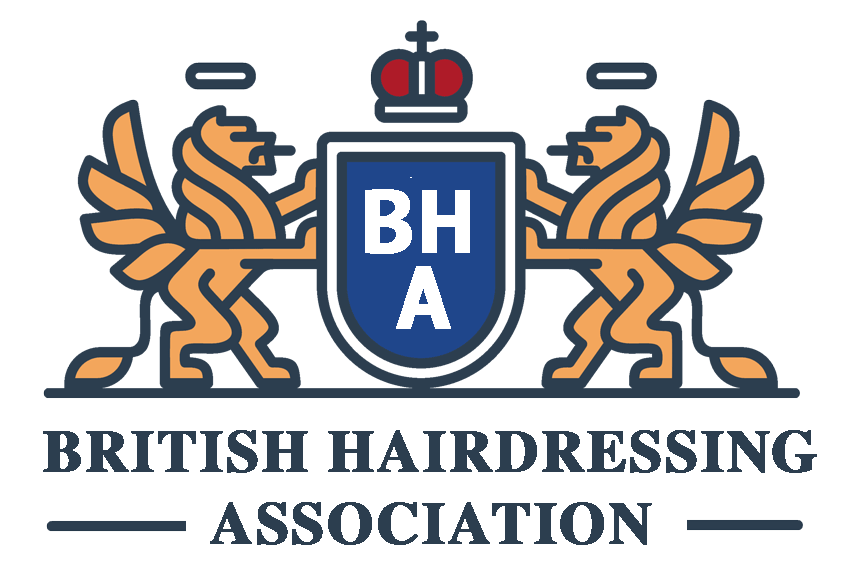Master Your Craft: Exploring Licensing and Certification Requirements for Hairdressers in Different UK Regions
Introduction
Being a hairdresser is definitely an art, but it also requires a solid foundation of skill and knowledge. In the United Kingdom, becoming a licensed and certified hairdresser entails meeting certain requirements set by regional authorities. In this article, we will explore the licensing and certification requirements for hairdressers in different UK regions, highlighting the significance of mastering your craft.
Understanding Licensing and Certification
Before delving into the specific requirements across different UK regions, it’s important to grasp the difference between licensing and certification for hairdressers. Licensing typically refers to obtaining permission from a local authority, such as a city or council, to legally operate as a hairdresser. Certification, on the other hand, demonstrates that you have successfully completed a specific training program or course.
Licensing and Certification in England
In England, hairdressers are required to obtain a license to practice. This is typically obtained through registering with the local council, following their specific requirements and paying any necessary fees. Additionally, many hairdressers in England choose to pursue certification from reputable training institutions, such as the Hair and Beauty Industry Authority (HABIA) or the National Association of Hairdressers.
Licensing and Certification in Scotland
In Scotland, hairdressers are also required to obtain a license to practice. The licensing process is overseen by local authorities, and generally involves meeting certain health and safety guidelines, submitting an application, and paying the necessary fees. Certification in Scotland can be pursued through various training programs approved by the Scottish Qualifications Authority (SQA) or the Hairdressing Training Board (HTB).
Licensing and Certification in Wales
Just like in England and Scotland, hairdressers in Wales must obtain a license to practice. The specific requirements and licensing process may vary slightly between different local authorities in Wales. In terms of certification, aspiring hairdressers can complete recognized hairdressing courses provided by institutions such as the Hairdressing Training Board Wales or the Vocational Training Charitable Trust (VTCT).
Licensing and Certification in Northern Ireland
Hairdressers in Northern Ireland are also required to obtain a license from their local council in order to legally practice. The licensing process involves submitting an application, complying with health and safety regulations, and paying the relevant fees. As for certification, hairdressers may pursue qualifications recognized by the Northern Ireland Hairdressing Council or the Confederation of International Beauty Therapy and Cosmetology (CIBTAC).
Conclusion
Mastering your craft as a hairdresser goes beyond honing your skills and creativity. It also involves understanding and complying with the licensing and certification requirements set by regional authorities. In different UK regions, aspiring hairdressers need to obtain licenses to practice legally, while certification from reputable training institutions enhances their expertise and credibility. By following these requirements, you will set yourself up for success and ensure that you are recognized as a professional hairdresser wherever you choose to work in the United Kingdom.


